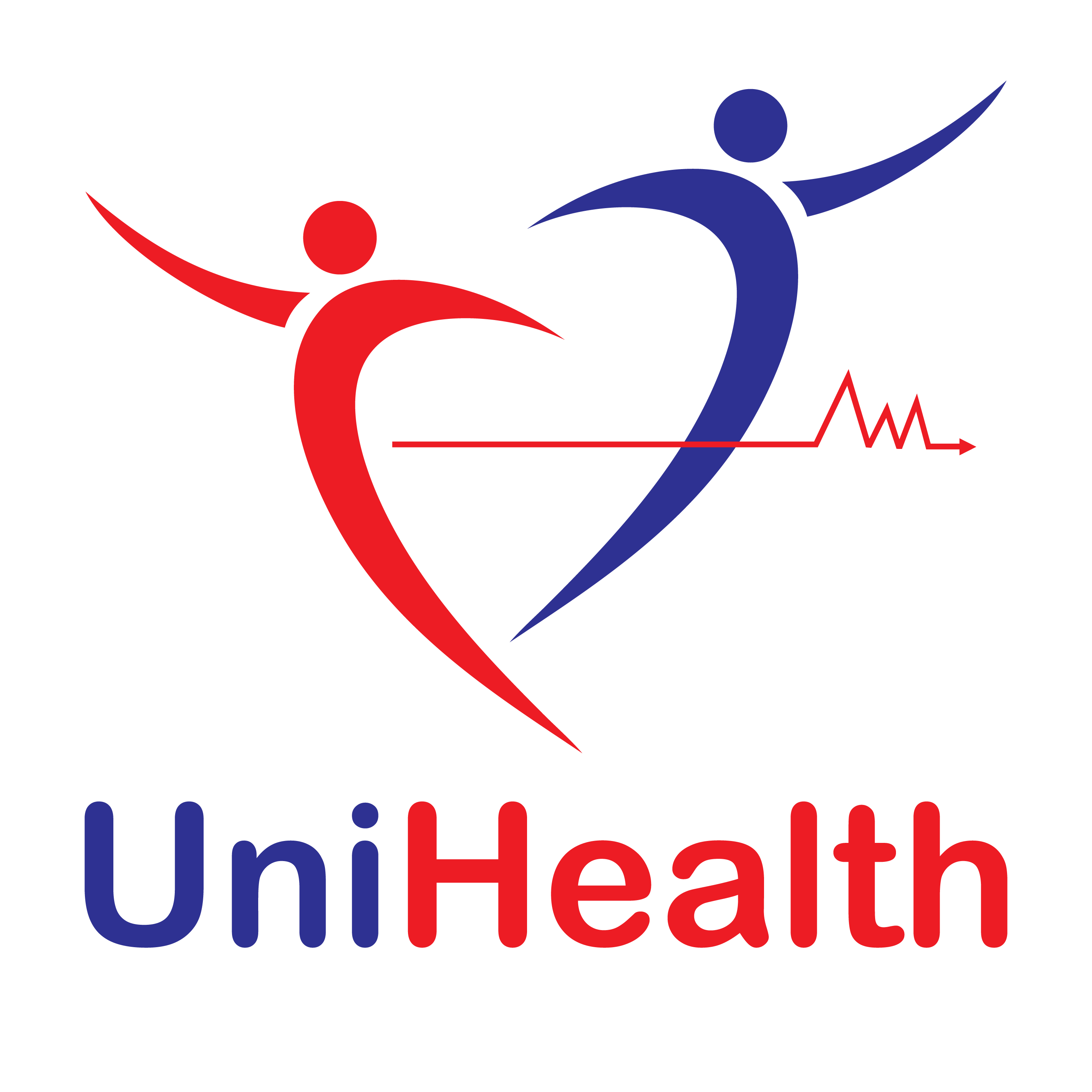Breast cancer is one of the most common cancers affecting women worldwide. Early detection of breast cancer significantly increases the chances of successful treatment and survival. UMC Victoria Hospital is committed to advocating for early breast cancer screening, emphasizing its importance to women in Uganda and beyond.
The Importance of Early Detection
Early detection of breast cancer means identifying the disease at an initial stage before it spreads to other parts of the body. At this stage, the tumor is usually smaller, and treatment options are less invasive and more effective. Research has shown that early detection can lead to a 98% five-year survival rate, compared to lower survival rates when cancer is diagnosed at a later stage.
UMC Victoria Hospital encourages women to undergo regular screenings because they know that timely diagnosis not only improves survival but also results in better quality of life for patients. Early detection also helps reduce the emotional, physical, and financial burden on patients and their families.
Screening Methods at UMC Victoria Hospital
UMC Victoria Hospital offers a variety of screening methods, including clinical breast exams, mammograms, and ultrasound imaging, depending on the patient's age, risk factors, and symptoms.
Mammograms: One of the most effective tools for early breast cancer detection is a mammogram. It uses low-dose X-rays to examine breast tissue, identifying any unusual growths or lumps that may not be felt through a physical exam. UMC Victoria Hospital provides state-of-the-art mammography services, ensuring accurate and timely results.
Clinical Breast Exams: Conducted by experienced healthcare providers, these physical exams can help identify abnormalities such as lumps, skin changes, or discharge from the nipple. While this may not be as detailed as a mammogram, it is a critical first step, especially for younger women.
Breast Ultrasound: For women with dense breast tissue or those at higher risk, ultrasound is often recommended as an additional tool for detecting abnormalities. It can help differentiate between solid masses and fluid-filled cysts in the breast.
Who Should Get Screened?
UMC Victoria Hospital advocates for regular breast cancer screenings based on each woman’s age and risk profile. For most women, mammograms are recommended starting at age 40 and continuing annually or biennially, depending on individual risk factors and doctor recommendations. For women with a family history of breast cancer or other risk factors, screening may start earlier.
In addition, women should perform self-breast exams monthly, as being familiar with the normal feel and appearance of their breasts can help them notice any changes that might signal a problem. UMC Victoria Hospital offers guidance and education on how to properly conduct self-exams and what to look out for.
Removing the Fear of Screening
A common barrier to early detection is the fear of undergoing screening and what it might reveal. Many women delay screenings because they fear a cancer diagnosis, the discomfort of procedures like mammograms, or the costs involved. UMC Victoria Hospital strives to eliminate these fears by creating a supportive environment and offering affordable screening packages. Their compassionate medical staff ensures that patients feel comfortable and informed throughout the screening process.
UMC Victoria Hospital’s Commitment to Awareness
UMC Victoria Hospital actively promotes breast cancer awareness throughout the year, particularly during Breast Cancer Awareness Month in October. The hospital hosts educational workshops, free screening camps, and online campaigns to encourage women to prioritize their health and get screened. By raising awareness about the importance of early detection, UMC Victoria Hospital aims to empower women to take control of their breast health and reduce the number of late-stage cancer diagnoses.
Conclusion
At UMC Victoria Hospital, the belief is simple: early detection saves lives. By providing top-notch breast cancer screening services and advocating for regular checkups, the hospital is making a significant impact on women's health in Uganda. Breast cancer can be successfully treated when detected early, and UMC Victoria Hospital is dedicated to ensuring that every woman has the opportunity to detect it as soon as possible.
Make an appointment today to discuss your screening options with our dedicated team, and take that critical step toward protecting your health.



